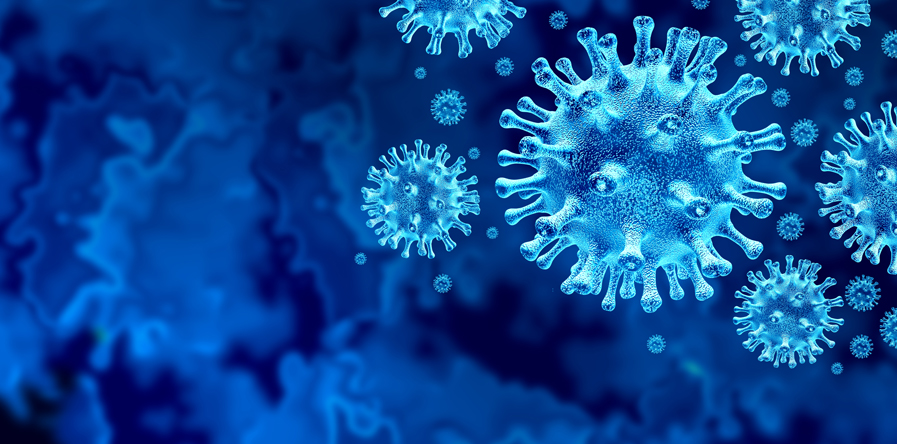That depends on the severity of infection. If it’s a mild infection, like most people get, symptoms will likely last for about seven to 10 days and will be similar to those caused by the seasonal flu, says Dr. Emily Landon, the chief infectious disease epidemiologist at the University of Chicago Medicine. But for roughly 20% of COVID-19 patients, infection can worsen after this initial period, and in some cases lead to hospitalization. For even people with moderate cases, symptoms can last for a month or more until they are fully recovered.
“You can have people who have very mild symptoms that last a couple of days and then you have other people who can really get quite sick and go to the intensive care unit and be there for a month or more,” says Dr. Albert Ko, department chair and professor of epidemiology at the Yale School of Public Health. Those who get so severely ill that they are battling pneumonia and potential respiratory failure in intensive care units could take over a month to recover, Ko says.
Mild symptoms are unlikely to last longer than three weeks. “The fatigue can linger, as can the loss of appetite and some people routinely have a nagging cough after a viral infection that can last for weeks,” Landon says. “So some people will have lengthy symptoms but those aren’t really from active viral infection. They are more of a recovery syndrome.”

